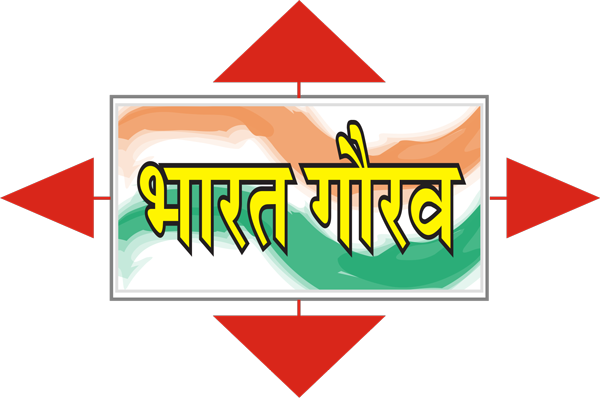For two decades, Dalbir Kaur woke up every day with renewed determination to combat the adversity that hit her family on August 28, 1990. Her younger brother, Sarabjit Singh, a farmer, accidentally crossed over to Pakistan and got accused of being a spy by Pakistani authorities.

Singh’s family went through a tumultuous period, trying to secure his release. He was sentenced to death in 1991 but wasn’t hanged. An agonizing waiting period began — 23 years to be precise. He was held captive in Lahore’s Kot Lakhpat Jail.
Ms. Kaur didn’t give up. For her, Sarabjit was more like a son and she was fiercely protective of him. She fought valiantly, casting her net far and wide in a bid to get her brother back home. In 2011, she managed to get permission to visit her brother in jail, securing a rare visit.
I promised him that we will get him out soon,” she said then in an interview with the BBC. She described how her brother couldn’t hold back his tears in his tiny cell in jail as his sister tied a rakhi to his wrist, reassuring him in every way she could.

The family hails from a tiny village near Amritsar, Bhikhiwind. When a pandit announced that they should consider a vaastu-correct in the family home to get Sarabjit to come back, Dalbir complied. She wanted to pull out all stops to get her brother back, and left no stone unturned.
Dalbir Kaur was a brave, steely-eyed sister. As children, they had clear, well-defined roles — Kaur’s was to be the older protective sister, Sarabjit’s constant source of support, almost like a guardian angel.

Former Prime Minister Narasimha Rao got an excess of calls from the older sister : almost a hundred. She stopped only after he agreed to have a one-on-one meeting with her. Rao had told her in 1991, “Chinta nahi karo, hum tumhare bhai ko le aayenge.” (Don’t worry; we’ll get your brother home)
Kaur was a fiery personality who didn’t stay still after receiving just words of assurance. She needed action, and she was unafraid to work for tangible results. She did it all — gatecrashing to reach influential people, directly approaching almost 170 politicians in both India and Pakistan.
It felt like she’d almost succeeded in March 2008 when Pervez Musharraf relented and agreed to stay the execution that was scheduled for April 1. This was a result of the then Prime Minister’s Manmohan Singh’s direct involvement, who it is believed, faced heavy pressure after Kaur led a massive public campaign alone for Sarabjit.
Former cricketer Navjot Singh Sidhu also vouched for her. “Every man should have a sister like her. She soaks the unimaginable pressures on her entire family like a sponge and comes out a winner,” he said.
More than 10 lakh kilometers, two decades and a wide array of candlelight vigils and public rallies — Kaur pushed her boundaries relentlessly, refusing to take no for an answer.
She once expressed her desire to be a bird near the border close to Khalra village, explaining wistfully that she could then go to her brother easily, without the need for a visa.
Sarabjit Singh was killed by fellow inmates on April 26, 2013. His body was returned to his family in Bhikhiwind, and there was a tearful, heartbreaking reunion. Dalbir Kaur chose to rise up to the occasion when she was forced to confront a grim situation, opting to stay on the battlefield with her head held high, refusing to fade into the growing darkness of the night.
Her story is being told on celluloid this year in “Sarbjit,” with Aishwarya Rai essaying the role of Dalbir. She serves as a reminder to the rest of us — to fight, to hold on and never give up.

